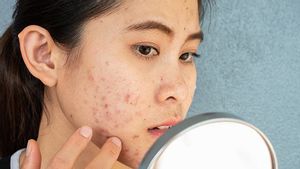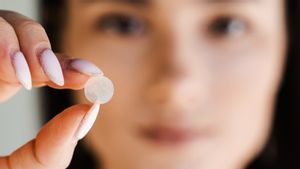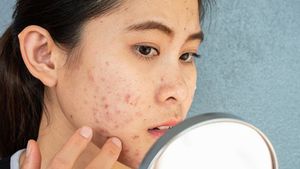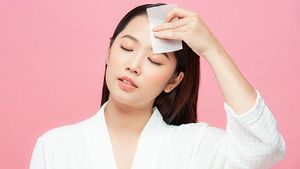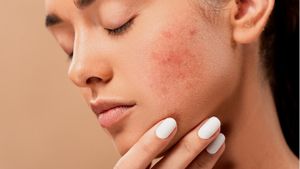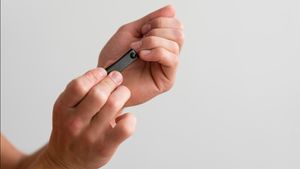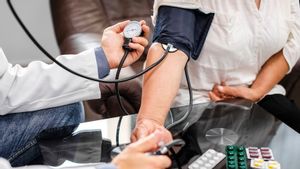Acne is a skin problem that is often experienced by most people and can appear at any time. This skin problem is caused by dirty and oily skin, so that small spots or bulges appear on the face. Acne can have an impact on a person, such as an itching face and can even reduce a person's confidence when leaving the house.
Compiled from Healthline, Friday, August 23, here are tips for reducing acne to appear on the face.
Acne can appear anywhere on the skin, but most often on the face. Although the microbioma of the skin is complex, scientists have identified a bacteria called Propionibacterium acnes that can cause acne to appear. These bacteria cause inflammation when changing the sebum, oils found naturally in the skin, become fatty acids. Cleaning excess oils, dirt, and sweat every day can help prevent acne, but washing your face too often can worsen acne.
The moisturizer helps the skin stay hydrated so that it is beneficial for the skin that is prone to acne. If your skin is too dry, the skin will produce oil (sebum) to offset the drought. And, as mentioned above, excessive sebum can cause acne.
However, many moisturists contain oil, synthetic fragrances, or other ingredients that can irritate the skin and cause acne. Make sure to check the list of ingredients before buying moisturizers to make sure they are free of fragrance and non-commedogenic.
If you are dehydrated, your body may signal your skin oil glands to produce more oil. Dehydration also makes the skin look dull and trigger inflammation and color change. In order for the body to remain well hydrated, try to drink at least eight glasses of water measuring 8 ounces every day.
While you may be tempted to use makeup to cover acne, know that these actions can clog pores and trigger acne. If you don't want to remove makeup from your daily routine, choose a non-medogenic powder or concealer that is fragrance-free so that your skin doesn't get more and more involved. Make sure to clean your makeup gently at the end of the day and especially before bed.
Touching your face can move bacteria and dirt that clog your pores to your skin. It's hard to avoid touching your face, but try to pay attention to how often you touch your face and stop yourself as much as possible. What also helps? Wash your hands regularly. That way, if you touch your face cleanly.
SEE ALSO:
Sunlight can dry acne in the short term, but it can have unwanted consequences on the skin in the long term. Exposure to sunlight often makes the skin dehydrated, causing the skin to produce more oil and clog pores.
Wearing sunscreen can help protect your skin throughout the year. Of course, as you may already know, sunscreen tends to be quite oily. For the protection of sunlight and acne, choose non-medogenic sunscreen and oil-free.
The essential tea tree oil is a popular natural medicine for acne. The tea tree oil contains a compound called terpine-4-ol, which has been proven to kill certain bacteria, viruses, and fungi, as well as increase white blood cells to speed up healing.
To use tea tree oil for acne, apply one or two drops to an inflamed area. You can also add a few drops to your daily cleaning or moisturizer.
The English, Chinese, Japanese, Arabic, and French versions are automatically generated by the AI. So there may still be inaccuracies in translating, please always see Indonesian as our main language. (system supported by DigitalSiber.id)



